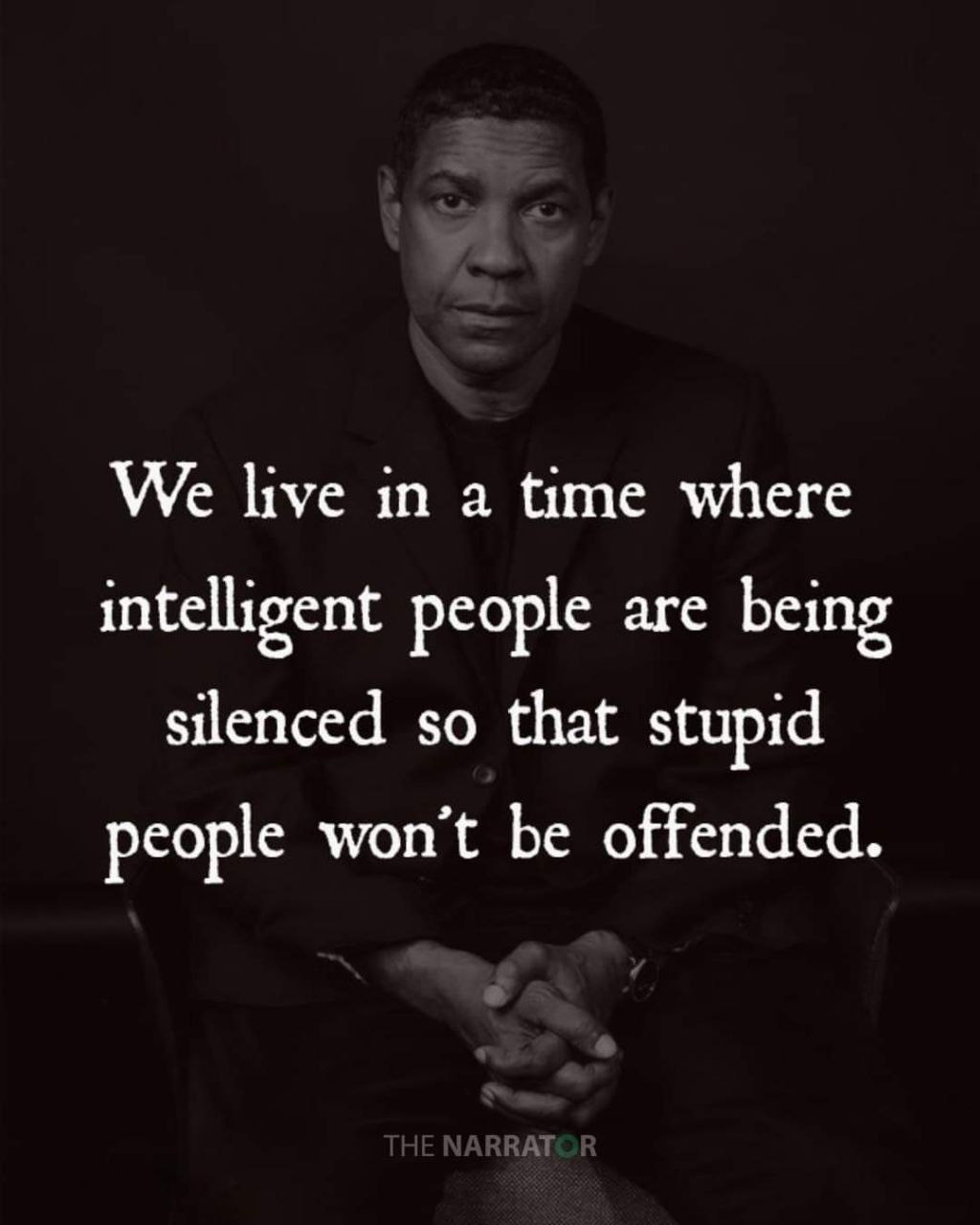Words: Tony Johnson
One of the themes of not-my-generation that seems to be sitting behind a lot of what frustrates us is their expectation that everything should change to suit their views or feelings or opinions. And that even includes history, if they disagree with it or feel offended by it. Monuments to great leaders who fought in wars and politicians who influenced great improvements for their people have to come down if not-my-generation disagrees with some aspect of the person. So, important pieces of history become erased from the consciousness of future generations because not-my-generation is offended by one aspect of their personal lives. In some parts of the world not-my-generation considers the criminal atrocities carried out by the Germans during World War II so horrific (don’t we all?), that instead of helping to ensure against history repeating by providing good education to children the world over, they want it erased from school curriculums so that precious Mila and Asha don’t become upset as a result of learning about it. We can’t change history, nor should we try to shield our children from what’s gone on in the past within the world they’re growing up in.
Us old ‘boomers’ (a derogatory term these days) are constantly accused of being intolerant by younger generations, but it seems to me that wanting to cancel out hundreds of years of history to suit a current generation’s thoughts and feelings must surely be about the biggest form of intolerance of all.
This absurd ‘cancel culture’ is effectively rewriting history to suit the ideals and opinions of the current generations, and it’s around us every day, in countless ways, including aspects of daily life as fundamental as vocabulary and grammar. Not-my-generation want to change things as fundamental as written language. In my book, this is a big deal. Imagine if this magazine, and everything else you read, was written by people who use grammar, and words, and phrases that we don’t understand, just because they feel like putting a new spin on things. Part of my world is — has to be, for the technical and operational document and system development work I do — taking care to write well, and follow the grammatical rules that society has worked to develop over the past few hundred years. It’s what we were taught at school back when education was about learning the necessities to guide us through life as a functioning citizen with the ability to communicate well.
So against this backdrop of good written language, which I consider to be important, I’m finding out now that not-my-generation doesn’t like full stops. They’re considered, I’ve learnt, to be ‘aggressive’ and ‘intimidating’. I shit you not. Not-my-generation doesn’t like seeing them, as the implied aggression of ending a sentence with punctuation leads them to conclude that the writer wants to end the communication with them. Full stops can make them feel unsafe and hurt their feelings. For real.
But this one’s even better … tell me: what does a simple ‘thumbs up’ gesture indicate? It’s not a trick question. If someone gives you a thumbs up gesture or sends you a ‘thumbs up’ symbol (emoji, they’re called) when they reply to your text, that means ‘good one’, ‘thanks’, or ‘yep’, right? Of course it does. Who doesn’t know that? Apparently, not-my-generation.
I discovered this recently, to my detriment. A teenaged family member sent me a text to say thanks for a birthday present I’d sent him. I was delighted that he’d exhibited such good manners, and so I sent him back a thumbs-up emoji — to say, “Good on you mate, pleased you like it!” The lad’s mother texted me the next day to tell me “he was gutted” with my response (the thumbs-up symbol). Confused, I said “he was gutted because I sent him a thumbs-up?” “Yeah, he was,” came the reply. “In this day, that’s perceived as ‘whatever’ and is rude. He can’t even be bothered replying to you.” We debated our respective interpretations of what a ‘thumbs-up’ means (because she — at 40 years of age — seemed to agree with his interpretation), and I eventually sent her a screenshot of the dictionary definition of ‘thumbs-up’, which said it meant “to indicate positivity, agreement, approval, encouragement, or assurance”.
Her response to that was “Well, yeah, in old people’s language”. I gave up at that point …
The ‘thumbs-up’ was widely used as a positive gesture during World War I, so we know it’s been a part of our communication, in the context we understand it to be, for over 100 years. Where then, does not-my-generation get off on deciding ‘no, we’re going to give this thing that’s symbolised positivity and assurance forever the opposite meaning, and change the tone and vibe to sarcasm and belittlement’. Now, instead of “great, well done, thanks”, it’s now a condescending “yeah, whatever, good one champ”.
And watch out for ‘OK’. I made the mistake a few years ago of answering a text from a younger family member with ‘OK’ — meaning that I agreed with him, and everything’s good. Nope. I later learnt that I’d offended him, because his generation’s interpretation of ‘OK’ is (expressed with disdain) ‘whatever’. Got that wrong too …
I can’t help but ask, how will society continue to function properly into the future when the rewriting is taking place of our history, and to our language, and to the meanings of words, all in order to meet the expectations and capabilities of the members of not-my-generation who are frightened of a full stop? Do we really have to change our whole language and its accepted definitions, and planet earth’s history, just to enable them to cope?
Of course, there will be plenty of members of not-my-generation out there reading this, saying, “Bullshit, I’m part of the younger generation and I take pride in my written language, and I don’t expect history to be rewritten.” Your job, then, is to call these clowns out, and remind them that society has to function effectively into the future, and our future is in their hands. Tell them to step up, drop the woke, entitled bullshit, and behave like responsible human beings, putting the betterment of mankind ahead of their precious feelings. Because they sure won’t listen to us ‘old boomers’. Apparently, we’re the cause of all of their problems.
In the meantime, keep remembering, you members of not-my-generation who claim to be smarter than us old boomers … the owner’s manual of our new cars back in the day told us how to adjust the valves. The owner’s manual of your new cars tells you not to drink the contents of the battery.






